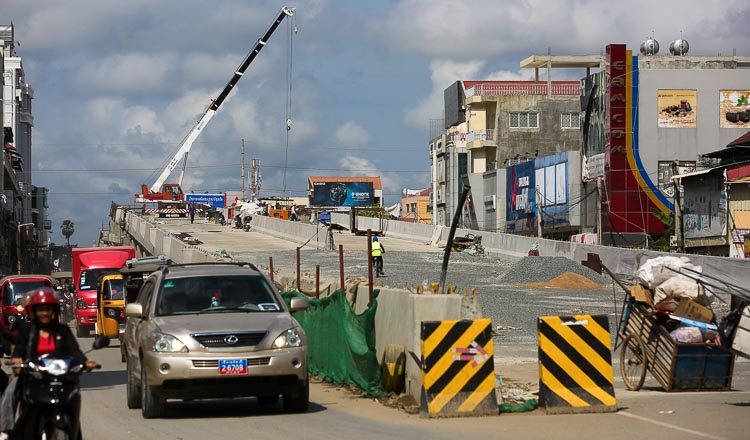Cambodia – Minister: BRI great for economy
The Minister of Commerce has said China’s Belt and Road Initiative (BRI) will be a boost to Cambodia’s economic development by attracting more investment for infrastructure and expanding trade opportunities.
Minister of Commerce Pan Sorasak, who attended the 2017 Asia-Pacific Regional Conference in Australia last week, said the BRI can mean billions for Cambodia in terms of logistics investment.
“This initiative not only brings benefits to the countries involved, but will also be a long-term strategy for promoting connectivity and cooperation across sectors, including economic, investment and financial infrastructure, as well as strengthening people-to-people connectivity,” Mr Sorasak said.
As part of Chinese President Xi Jinping’s plans to make BRI a reality, Mr Sorasak noted, Cambodia and China signed a Memorandum of Understanding (MoU) on Industrial Cooperation and Investment Cooperation on October 15, 2015, in Beijing, which has already materialised in a number of multi-million investments.
A recent partnership between China Huanneng Group and Royal Group of Cambodia, for example, is culminating in the creation of the largest hydropower project in Cambodia, the 400-megawatt Lower Sesan II dam, which will have an approximate cost of $900 million.
Other investments the minister connected to BRI include a $1.4 billion, 246-megawatt dam on the Tatai River, plans for a new airport in Siem Reap that would cost $880 million and 16 road projects worth a combined $1.6 billion.
On top of these infrastructure investment, China has promised to expand imports of Cambodian milled rice and committed to reach 300,000 tonnes in 2018.
BRI, also known as the Maritime Silk Road, was unveiled in 2013 and is China’s grand plan to link more than 60 countries – about one-third of global GDP and 60 percent of the world’s population – across Asia, Africa, the Middle East and Europe through infrastructure projects such as roads, railways and ports.
In May, Mr Xi pledged an extra $100 billion to the initiative.
Guoyou Song, a professor at Fudan University and director of the Centre of Economic Diplomacy in China, said in a forum earlier this month that Cambodia is still the most attractive and strategic location for foreign direct investment from China and a growing number of Chinese investors are turning to the kingdom.
“Cambodia is a great place to invest because of its solid economic growth and political stability,” Mr Guoyou said.
David Marshall, the managing partner for research firm Mekong Strategic Partners, told Khmer Times that if funds funneled into the country through BRI are directed at infrastructure development – particularly roads, ports and the railway system – it could make Cambodia a more competitive destination for manufacturing and accelerate industrial development.
“This type of development would have clear economic benefits to the country, which would flow into the real estate market – particularly in areas where the infrastructure developments will take place,” he said.
During the past 10 years, trade between Cambodia and China has increased an average of 26 percent per year, reaching $4.8 billion in 2016. During the first nine months of 2017, total trade between both nations expanded by 43 percent, slightly slower than in 2016, when it grew by 47.7 percent.
Chinese investment into the kingdom reached $5.1 billion last year.
Source: http://www.khmertimeskh.com/5089776/minister-bri-great-economy/


 Thailand
Thailand




